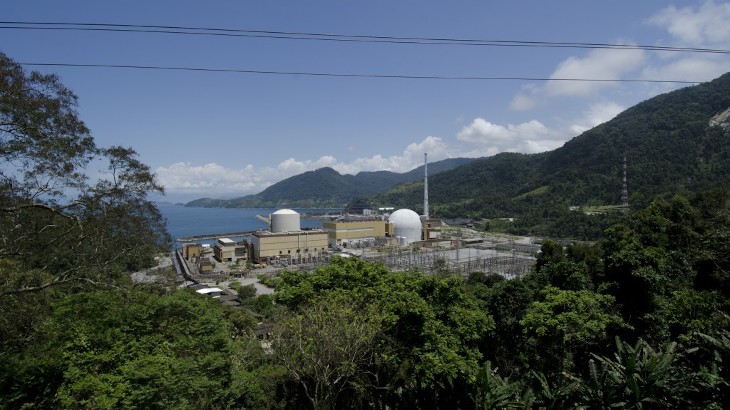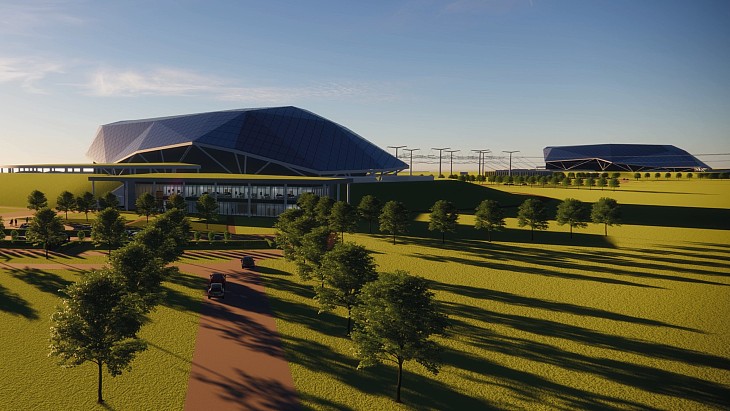Angra 1, Brazil's first nuclear power unit, is a 609 MWe pressurised water reactor that was first connected to the grid in 1982. Eletronuclear is seeking a lifetime extension from 40 to 60 years.
Getting a lifetime extension is a long and complex process and years of preparation had already gone into it even before the initial request for renewal of its operating licence was submitted to the Brazilian Nuclear Energy Commission (CNEN) in 2019. Eletrobras said that during 2023 it submitted 16 reports to the regulatory body, including assessments of safety factors as defined by the International Atomic Energy Agency (IAEA).
It said it had also responded to 166 follow-up questions from CNEN by the end of last month. And it had also carried out the third and final Periodic Safety Reassessment, a document produced every 10 years looking at things such as safety performance, emergency planning, equipment qualification and management systems.
The company also uses the US Nuclear Regulatory Commission's License Renewal Application process and is preparing next month for a fourth visit by the IAEA for a Safety Aspects of Long Term Operation (SALTO) mission - the previous ones were held in 2013, 2018 and 2022.
José Augusto do Amaral, superintendent of Operational Support Engineering and responsible for the LTO, said: "The negotiation process with [CNEN] should last until the end of this year to finalise the steps. But the company is prepared and continues to have constant dialogue ... we are managing to demonstrate that Angra 1 will be able to continue operating efficiently and safely."
Measures already taken to extend the service life for a further 20 years include new steam generators, changing the reactor pressure vessel cover and replacing the main transformers, the company says, as well as implementing ageing/obsolescence management systems. It estimates safety and modernisation spending of around BRL3 billion (USD585 million) between 2024 and 2028. it will get short term financing from its main shareholders, ENBPar and Eletrobras, while negotiations are completed with the US Export-Import Bank for the full modernisation programme.
Angra 1 reached criticality in 1982 and entered commercial operation in 1985. The pressurised water reactor (PWR) has a design capacity of 640 MWe (net capacity 609 MWe). Eletrobras Eletronuclear also operates Angra 2, a 1275 MWe (net) PWR which began commercial operation in 2001. Together with Angra 2 it generates about 3% of Brazil’s electricity. Work on the Angra 3 project - to feature a Siemens/KWU 1405 MW pressurised water reactor - began in 1984 but was suspended two years later, before construction began. The scheme was resurrected in 2006, with first concrete in 2010. But, amid a corruption probe into government contracts, construction of the unit was halted for a second time in 2015, when it was 65% complete. It resumed again in November 2022 - at the time of the project’s revitalisation, Eletronuclear’s aim was to start operations by the end of 2026. However, work has again faced interruptions pending agreement with local authorities on "socio-environmental" compensation payments.
Brazil also began a process to identify sites for new nuclear power plants in 2022 - its National Energy Plan to 2050 said the country aimed to add 10 GW of nuclear capacity in the next 30 years.





_19544_40999.jpg)


_66668.jpg)





